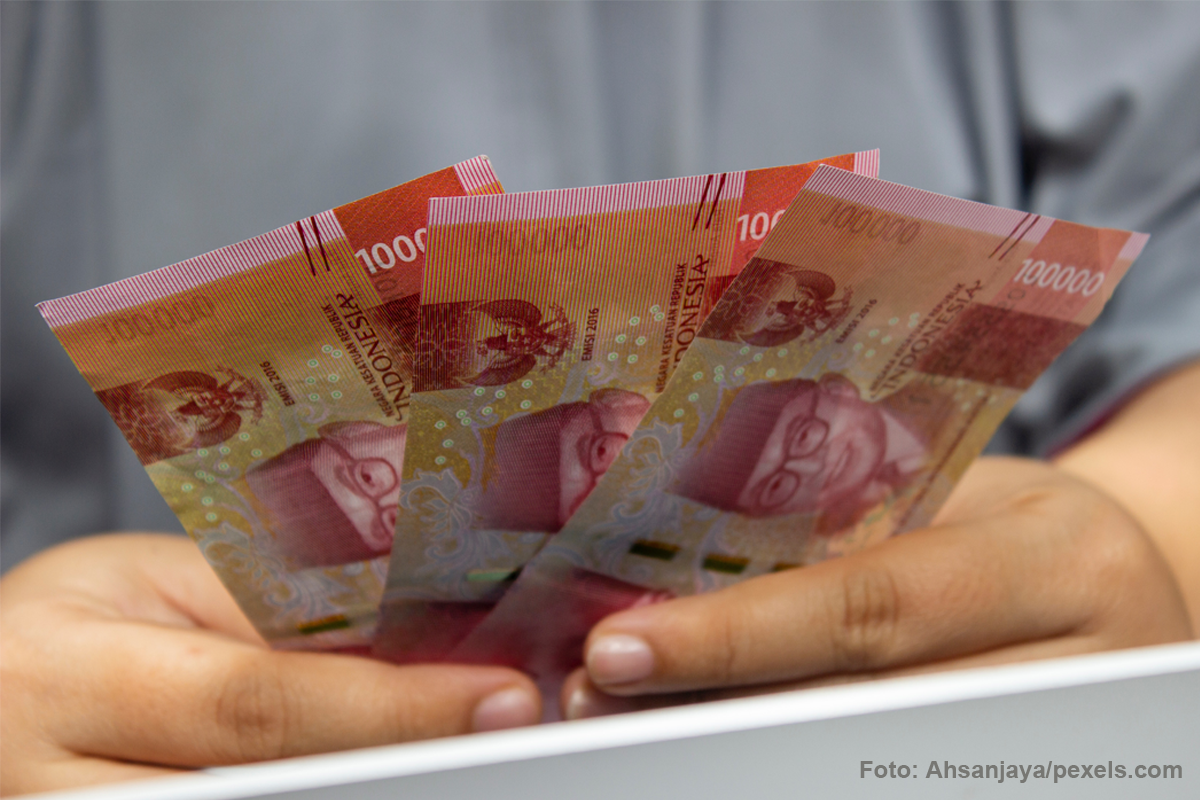DGT: 1% Increase in VAT Rate Boosts Goods and Services Selling Prices by 0.9%

JAKARTA. The Directorate General of Taxes (DGT) claims that the impact of the Value Added Tax (VAT) rate increase on prices is not particularly significant. According to the tax authority's calculations, the price increase resulting from this policy is only around 0.9%.
The DGT conveyed this statement in a written release, Number KT-03/2024, published on Saturday (December 21).
In its explanation, the DGT illustrated the price increase using a beverage product sold for IDR 7,000. If the VAT rate charged is 11%, the additional cost that buyers have to pay is IDR 770, bringing the total amount payable to IDR 7,770.
Meanwhile, if the VAT rate charged is 12%, with the same product price, the VAT charged and added to the price would be IDR 840. This makes the total payable amount IDR 7,840.
Read: Here’s the List of Incentive Packages to Compensate for the 12% VAT Increase
Subsequently, comparing the selling price of the product before the VAT rate increases to 12% and after the increase, the price difference amounts to IDR 70, equivalent to 0.9% of the product price under the 11% VAT rate.
"Therefore, the increase from 11% to 12% VAT only results in a price increase of 0.9% for consumers," stated the DGT in its explanation.
Applies to All Goods and Services
Previously, the increase in the VAT rate from 11% to 12% was outlined in the Tax Regulation Harmonization Law (HPP Law). According to this regulation, the rate increase can be implemented no later than January 1, 2025.
This rate increase applies to all goods and services currently subject to the 11% VAT rate. However, the government has made exceptions for certain essential goods the public needs.
These goods include bulk cooking oil under the "Kita" brand, wheat flour, and industrial sugar. For these items, the government provides a VAT subsidy of 1%, meaning the VAT rate charged will remain at 11%.
VAT Exemption Facilities
In addition, the government has announced that it will continue to provide VAT exemption facilities for the transfer of certain goods and services.
First, essential goods such as rice, unhusked rice, corn, sago, soybeans, salt, meat, eggs, milk, fruits, and vegetables.
Second, services such as medical health services, social services, financial services, insurance services, education services, public transportation services on land and water, manpower services, and rental services for public housing and apartments.
Third, other goods such as books, holy scriptures, polio vaccines, simple houses, low-cost apartments, electricity, and drinking water. (ASP/KEN)


